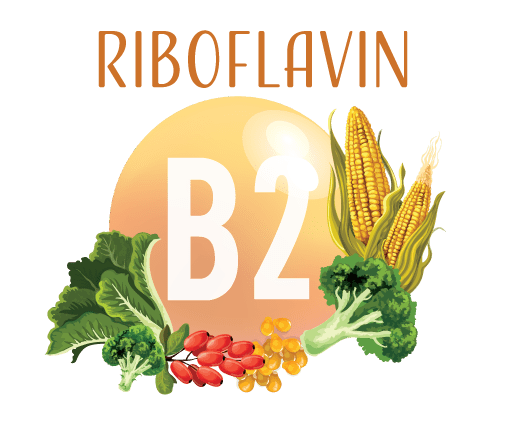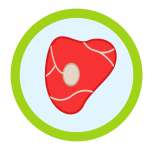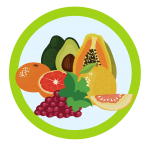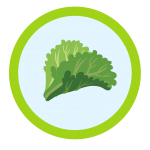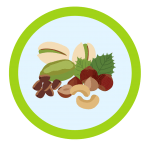Vitamin B2: How Riboflavin Supports a Healthy Body
Vitamin B2 or Riboflavin belongs to the family of B vitamins and is water-soluble, meaning that our bodies do not store it, and we must obtain it through our diet regularly.
This vitamin is essential for breaking down carbohydrates, fats, and proteins in the body, providing energy for all metabolic functions. Additionally, it acts as an antioxidant, protecting our cells from damage caused by harmful free radicals. Vitamin B2 also plays a crucial role in maintaining healthy skin, eyes, and red blood cells.
Sources of vitamin B2 include dairy products, eggs, meats, green leafy vegetables, and enriched grains. However, some individuals may require supplementation if they are not obtaining adequate amounts of riboflavin through their diet. Certain health conditions, such as celiac disease, inflammatory bowel disease, and irritable bowel syndrome, can also interfere with the body’s ability to absorb vitamin B2.
